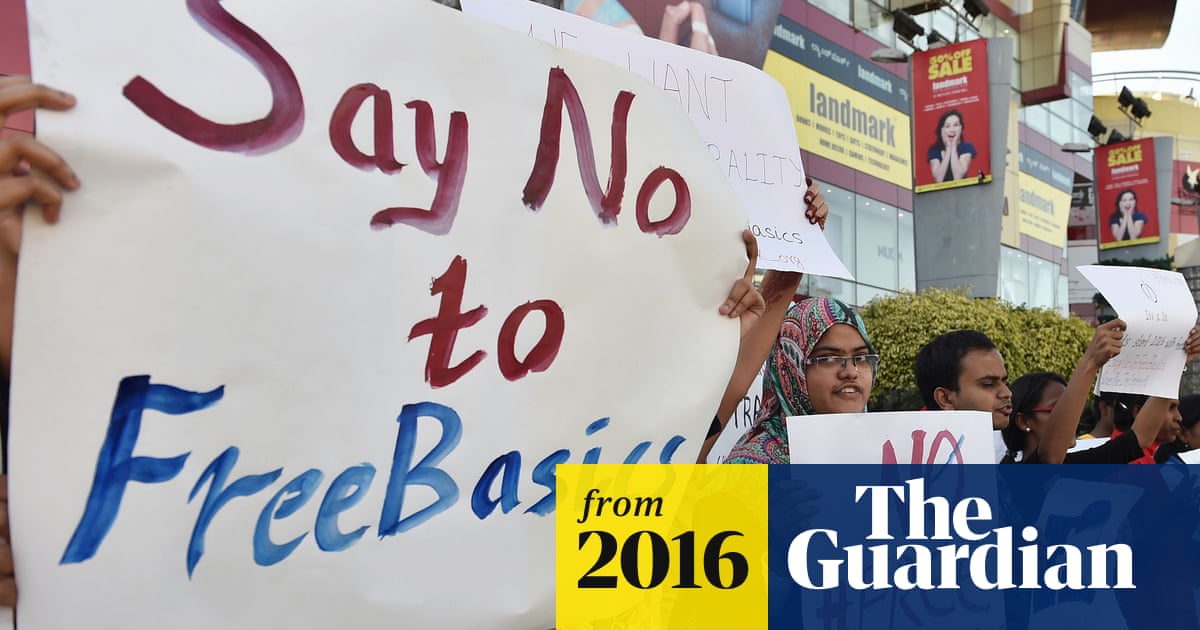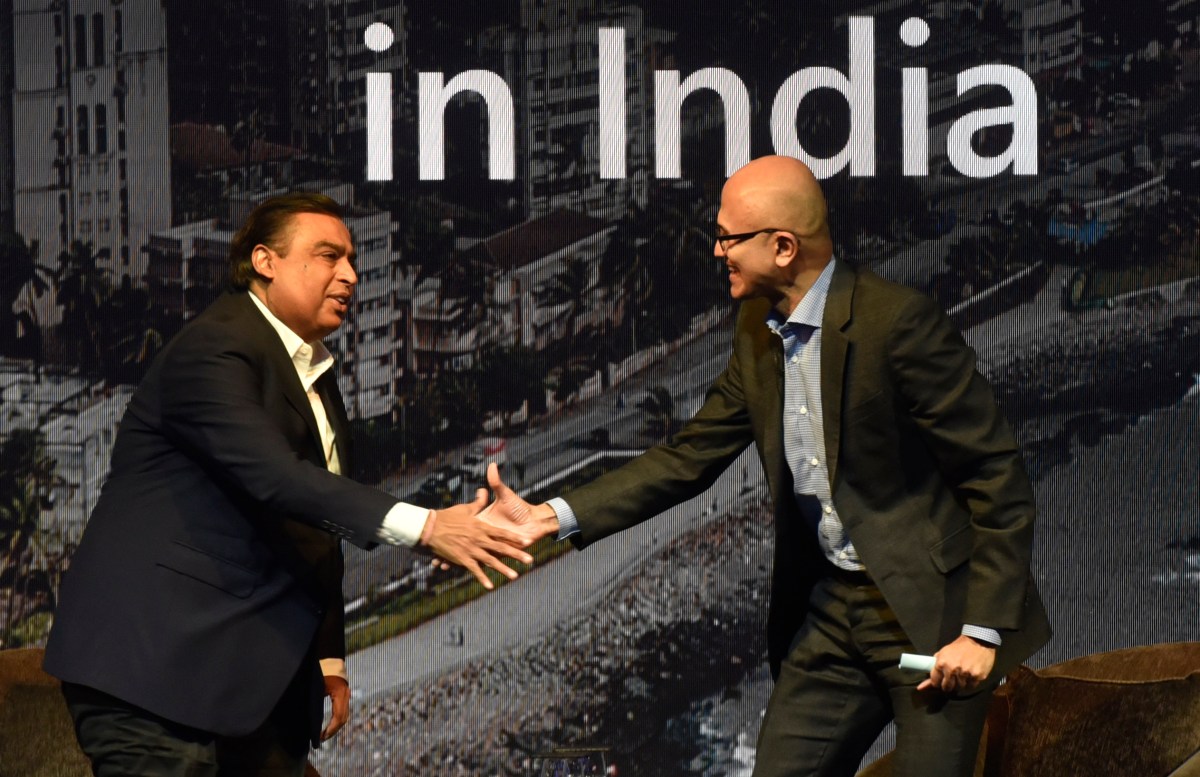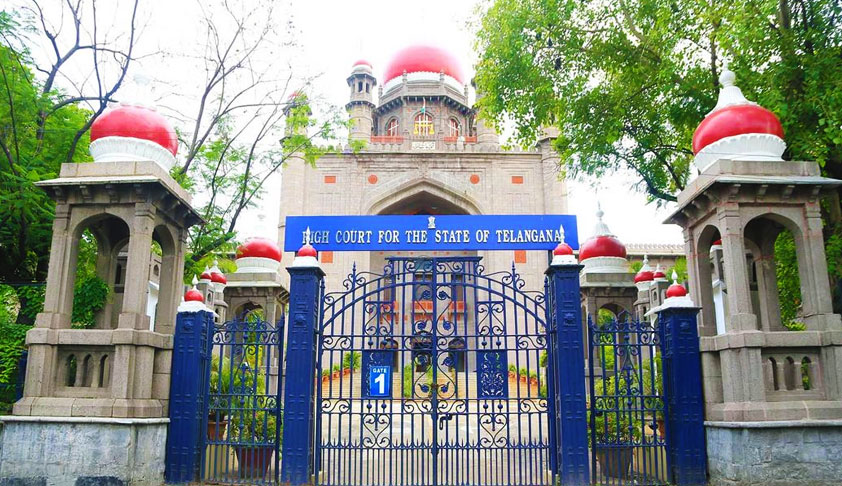
Half a decade ago, we felt that the battle towards a fairer internet for everyone was almost won - but today, the country's network operators are plotting to overturn it. This week, TypeRight looks into the newly drawn battle lines for Net Neutrality.
The Internet, in a consensus of principle from its founders to the users, mandates that all content on it should be treated the same - there cannot be discrimination between websites, nor shall there be throttling of one in favour of another.
Net neutrality advocates have long argued that keeping the internet an open playing field is crucial for innovation. If broadband providers pick favorites online, new companies and technologies might never have the chance to grow. Other advocates highlight the importance of net neutrality to free expression: a handful of large telecommunications companies dominate the broadband market, which puts an enormous amount of power into their hands to suppress particular views or limit online speech to those who can pay the most. (Source)
Even in the US, it was only in 2015 that the FCC passed an order in favour of net neutrality. Now in India's case, back in the early 2010s, Reliance, Airtel and Facebook planned to do something that involved throttling and fast-lanes.
In 2014, Mark Zuckerberg, CEO and founder of Facebook (now Meta) was travelling around the global south to extend the reach of their project called FreeBasics. Back then, they had also reached out to us at DEF couching their anti-neutrality program in the larger interests of better connectivity. We had already written about this in detail in a previous chapter of TypeRight, you can read it here:
Facebook and its founder have been constantly trying to create their own world, their own universe with their own dedicated users captivated within the world of Facebook pretty much like creating a universe of a separate cult. First, they tried by naming it Internet.org and then they tried through FreeBasics. Incidentally, FreeBasics is a line of product of Facebook that still works in many countries on morally questionable grounds and ethically clouded principles.
The campaign against FreeBasics led to the birth of the SaveTheInternet campaign in India, the precursor to today's larger united struggles of our friends at the Internet Freedom Foundation, which campaigns and advocates for digital rights and against surveillance. In fact, the battle then was almost a year long.
TRAI asked the public to respond to 20 questions from the public, giving rise to a spirited, pro-net-neutrality campaign called Save The Internet, supported by lawyers, technologists, journalists and policy experts. They created a list of responses that users could copy, paste and email in just three clicks. The movement was boosted by the popular standup comedy group All India Bakchod (AIB), who made John Oliver-style 13-minute YouTube videos explaining the adverse effects of differential pricing and zero-rating plans on the Indian internet. (Source)
With over a million responses and several offline marches across India's major towns, the people's mandate were clear.
In fact, once India's TRAI had finally responded, we ended up with one of the world's best and 'strongest' net neutrality laws, including heavy fines for violations.
However, now that may be set to change.
What happened in the new recommendations? Our friends at IFF had done a detailed breakdown, but here's a further brief.
Apps, or rather OTT services which include WhatsApp and other social media also, would need to share a portion of their profits to help the telcos build infrastructure. This, they argue, can be based on the volume of traffic. Each of the telecom operators who have submitted their responses to TRAI's call have phrased it in such a way that they claim it won't hurt net neutrality. In fact, Nikhil Pahwa, the founder of MediaNama had done an analysis of the submissions by the various operators, calling them out on their attacks on net neutrality. He has compiled the comments on selective banning, against encryption and against a neutral internet here. This includes a series of mythbusters on the claims made by the operators.
The Broadband Internet Forum, similarly argued against the telecom operators' new recommendations saying that this is going to result in a double charge for the consumer in the end.
“They (OTTs) are not free riders insofar as they do not merely ride on top of the TSPs networks as the name OTT suggests. Not only are huge investments made by the OTT service providers to bring the content as close as possible to the end customers but, more importantly, the OTT services are significant revenue generators for the TSPs, without which the network pipes would be virtually empty.” (Source)
The point of internet infrastructure and increasing the quality of the infrastructure does not mean access at a bare bones level. People have a right to meaningful access, and not the undemocratic, paid toll highways that would result when net neutrality collapses. As DEF's director Osama Manzar has said at the CNX 2020, "... not being meaningfully connected is disrespectful, disgraceful, being disenfranchised and a violation of human rights. And that's the difference between the connectivity today and the connectivity in the past," and when we look towards the future, the connectivity should be meaningful.
In Other News
In some important updates to Aadhaar related issues of access, i., the government has extended the deadline for ABPS and ii., Telangana HC reiterates that lack of an Aadhaar cannot be a reason to deny anyone's rights.


This report must be read somewhat in connection, as people are denied wages and rations because of access issues, a UN agency statistic shows that 3/4th of the Indian population has no access or cannot afford a healthy diet.

This editorial piece argues for AI regulation, but from our unique standpoints and not the West's.

Here is an article on E Rajalakshmi, who used her own salary to set up an interactive learning lab at the panchayat school where she teaches:

DEF Updates
Just a reminder of our session at the Asia Pacific Regional Internet Governance Forum:
From DEF's initiative that attempts to provide access to entitlements to the Tea Garden workers of West Bengal:
And finally, from Ghazipur's Smartpur Hub, where we have run a course on Computer Application - the certificates were distributed last week.
Until the next time!

























Write a comment ...